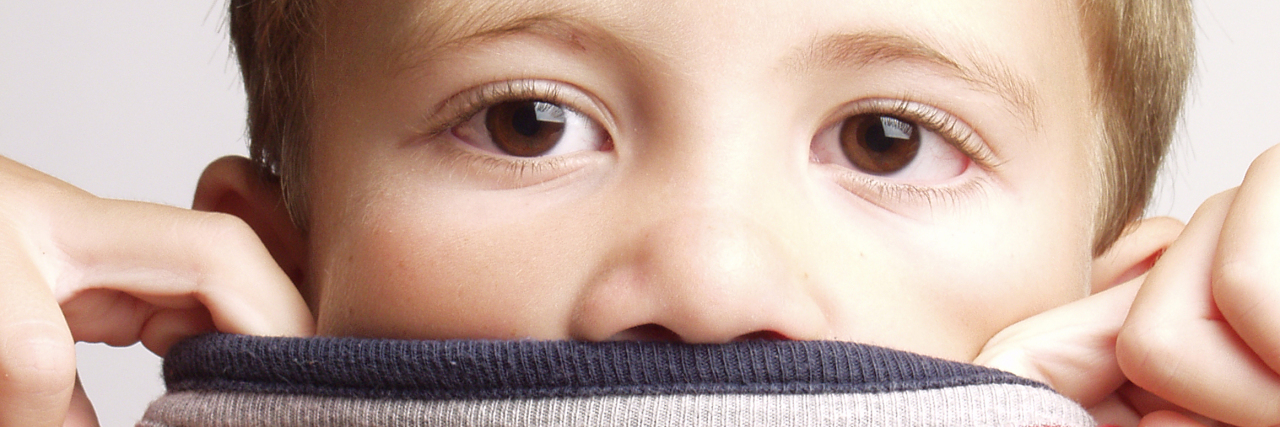Many verbal autistic children and teens have the experience of being unable to produce spoken words in some situations. Autism is a social communication disorder at its core, and understanding what that means for an otherwise verbal child may change the way adults respond to a child who seems to become temporarily nonverbal.
Does this sound familiar? You’re out in the mall with your son, and a classmate runs up to greet your child, “Hi Matthew!” says the excited youngster. Your child, in response, stares blankly ahead and says nothing. Or perhaps he starts running around and acting much younger than his 12 years would suggest — but still does not say a word to his classmate.
Or maybe your child is not able to speak when your mother comes to visit, or at the doctor’s office — or at school. It is not uncommon for parents to hear from teachers that the child is “refusing to answer,” is being “rude and ignoring peers and staff” when in fact, they just cannot speak. Cannot.
There are so many reasons these kinds of scenarios play out in the lives of those on the spectrum. Some of these can include:
1. Slow processing speed.
The child takes several seconds to realize who the classmate is that has shown up so unexpectedly. By the time his brain has processed all of the sensory information in the environment (the person’s face and their words) the child is gone and the parent is chastising the autistic child for being rude to his friend — only he wasn’t being rude. This is how his brain works.
2. Anxiety.
Children with autism have so many reasons to be anxious. The sensory world is often overwhelming. The speed and volume of the school curriculum, combined with its sensory and social demands often exceed their capacity to cope, but they soldier on and anxiety escalates.
Their social attempts are often unsuccessful, and so they experience social isolation or rejection. Some children on the spectrum develop such severe anxiety in some settings that they simply cannot speak while there at all — ever. I have known a number of children who were nonverbal throughout their childhood while in the school setting.
3. Social communication gaps.
Big exhale for this one. I find it so frustrating that our schools are not addressing this core feature of autism. Our children have to learn step-by- step what typical children pick up intuitively.
Autism is, as I said earlier, a social communication condition. This means we — as in society and the systems of support — ought to know that these children need curriculum and plenty of relevant practice to learn social communication skills and feel confident with conversation. Ahh. Makes sense! But we don’t do this for them. We do the opposite of help. We often do harm, (“We” refers to system supports — not parents.)
Why harm? Well, the plan right now for addressing gaps in our children’s social communication seems to be catching them being autistic — catching them not knowing how to respond appropriately or approach successfully — and then shame them for it. This may be why some of our children are unable to speak at all. Why open your mouth when it may just remind you, yet again, that you have messed up?
Contrary to popular misconceptions, these children are not rude. They are not cognitively slow or antisocial. Let’s encourage professionals to stop using these unflattering editorial words to describe the neurological differences or the anxiety that often accompany an autism diagnosis.
And while we are at it, we can share what we know. We know that anxiety, slow processing speed, and social communication gaps are the most common reason why your child may not always be able to speak or to respond in a timely fashion.
Getty image by GOSPHOTODESIGN

